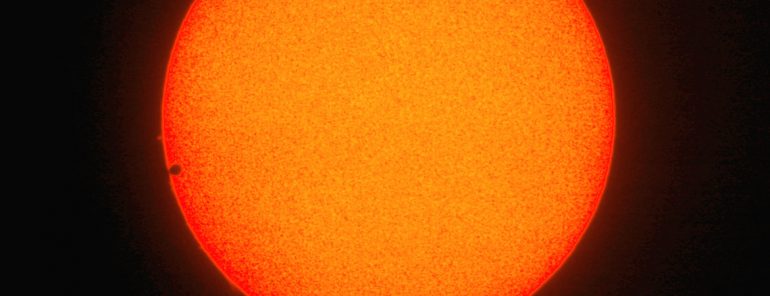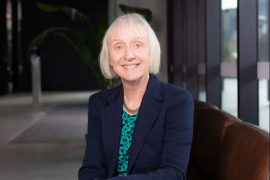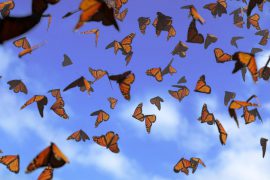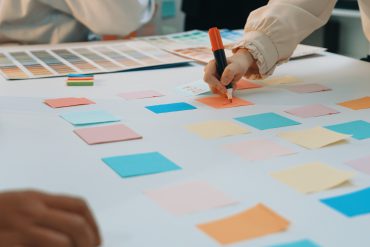This article covers a snapshot review of the Indigenous Science Symposium. Aboriginal and Torres Strait Islander viewers are advised that the following material & links may contain images and voices of people who have died.
When and where was the Indigenous Science Symposium?
Indigenous Science Symposium….of Sorts, 13-14 August in Sydney was hosted by Marcus Hughes (Indigenous Programs Producer, Museum of Applied Art and Science, MAAS Powerhouse Museum), Sydney Observatory & Discovery Centre, and INDIGI LAB. Four staff from the University of Sydney were fortunate to participate in a Symposium on Indigenous Science, offered as part of National Science Week.
What was the aim of the day?
By bringing people together, we experienced a way to learn and share with some of the most interesting and respected Indigenous minds in our country. The symposium environment was designed around the pedagogy of Indigenous inquiry, through art and science, enabling a spontaneous and fluid method of Yarn-Ups. All keynotes speakers (see below) and participants were extremely generous and trusting in sharing the inter-disciplinary nature of Indigenous knowledge. This communication process resonated with traditional values, for example, the oral tradition of ‘telling the story about country’, and building a community, where all participants’ perspectives were acknowledged. This approach further immersed us within Indigenous lore & philosophy, enacted through the connection of networks represented, for example, the media (ABC, NITV, Koori Radio), education, museums & galleries, local government, land and the environment. The weekend culminated in a mapping of key issues with recommendations for further action to strengthen the sector.
Who is working in Indigenous Science?
This list of speakers included:
- Uncle Bruce Pascoe (researcher and writer – awarded the 2016 Premier’s Literary Award for Dark Emu) focused on his journey as a scientific researcher to reverse the Anglo-colonial academic paradigm as it relates to Indigenous Sciences. In 2012 AIATSIS produced the third edition of the Little Red Yellow Black book, authored by Bruce.
- Dr Duane Hamacher is an astronomer and Senior ARC Discovery Early Career Research Fellow at the Monash Indigenous Centre at Monash University. His research explores the crossroads of Indigenous Knowledge and Western Science. He is currently working with elders in the Torres Strait to learn about their astronomical knowledge and traditions and will discuss the challenges facing Indigenous astrophysicists in training.
- Angie Abdilla is a Palawa woman from Tasmania and the director of Old ways, New Tech: Culture. Innovation. Technology. She is an Australian Delegate to the United Nations most currently discussing the Ethical Digitisation of Indigenous Culture at the Permanent Forum on Indigenous Issues, in NYC. Angie co-presented with Dr Robert Fitch, Faculty of Engineering & Information Technologies, The University of Sydney, who integrates robotics with Indigenous knowledge systems.
- Associate Professor Joanne Jaime, Macquarie University spoke of their decade long project: Ethnopharmacological Study of Medicinal Plants of New South Wales Other Keynotes addressed issues of Environmental Management, Moiety and Genetics, & Indigenous STE(A)M.
Individual reflective narratives and thought pieces from the day
This event is perhaps best captured in the reflective narratives and thoughts of the individuals who attended.
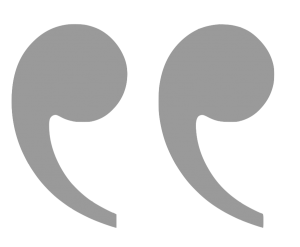
A/Prof Jaime Gongora, Animal and Wildlife Genetics, and Sub Dean Indigenous Strategy, Faculty of Veterinary Science:
This event presented various narratives and experiences related to Indigenous knowledge systems and traditional practices. We discovered that we have a lot of synergies with such perspectives which reinforced the vision we have in the work we have been doing over the last 5 years, to embed Indigenous knowledge systems and traditional practices into the curriculum for the veterinary and animal science programs, as well as other initiatives underway in science and agriculture. There is a range of knowledge from an Indigenous perspective related to chemistry, astronomy, pharmacy, physics, mathematics, environmental science, animal conservation and management that can be incorporated into the curriculum. The weekend reinforced to us the importance of acknowledging and involving Indigenous people to assist us to develop and co-teach material that will also allow us to develop bridges between western science and Indigenous knowledge.
Dr Rosanne Quinnell, Senior Lecturer, School of Biological Science, Faculty of Science:
Indigenous knowledge is shared via strict coded compression of oral law where spirituality, law, kinship, and science are integrated. To approach such a holistic understanding, Indigenous knowledge systems requires acknowledgement and respect of indigenous culture. (Notes from Angie Abdilla’s co-presentation with Robert Fitch).
Dr. Robert Fitch, Australian Centre for Field Robotics (ACFR) Email
Robotics is known to be an excellent motivational tool for engaging students in STEM subjects; the effect of one’s efforts is immediately and tangibly apparent through the robot’s behaviour. We are interested in employing robotics to engage urban Indigenous youth, and the Symposium provided an excellent opportunity to present our work in developing specialised robotics workshops. We were encouraged by the ensuing discussion of the relationship between robotics concepts and Pattern Thinking, and came away from the Symposium energised to proceed along these lines of thought.
Meg Vost, Educational Designer, Faculty of Veterinary Science
We sat at round tables after each of the sessions and had a yarn. It seemed such an appropriate way to approach the discussions, it allowed everyone to have a voice and there was a very respectful and inclusive tone to the event overall. There is so much to learn from both Indigenous approaches to interactions and communication, and Indigenous approaches to science. In the scientific domain, there is movement towards consideration of ecosystem health, One Health and sustainable ways of living, but the approaches implemented by Indigenous peoples for thousands of years already encompass these area
s. This symposium provided a great forum for real interaction in this space.
Melinda Lewis, Coordinator: Professional Development for Cultural Competence, Educational Innovation Team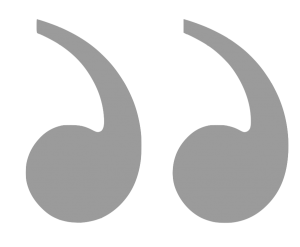
Key quotes from Uncle Bruce Pascoe that resonated through me were “The land whispers in our ears” & “The country will talk to us”. This sentiment and way of being acknowledges and supports advice on teaching about teaching ”Before you teach, you must listen”, from Ngiyaampaa Elder, Aunty Beryl Carmichael, when on-country, Menindee, NSW in 2015.
Acknowledgments
I acknowledge financial support from Professor Adam Bridgeman, Director Educational Innovation, enabling Sydney staff to participate in this event. Access the online program: Supporting Academics to Teach Cultural Competence

